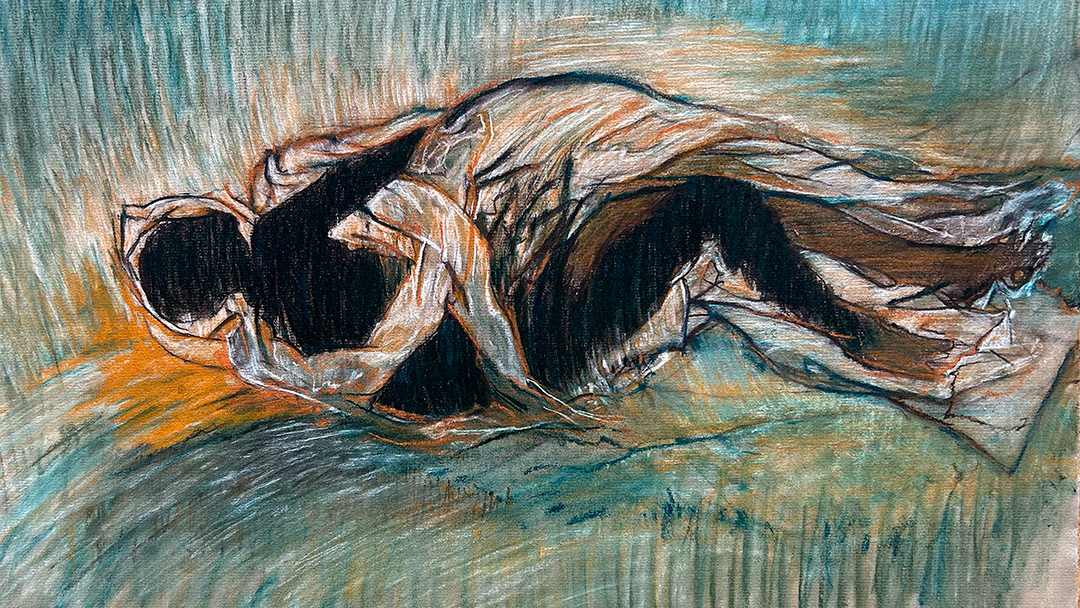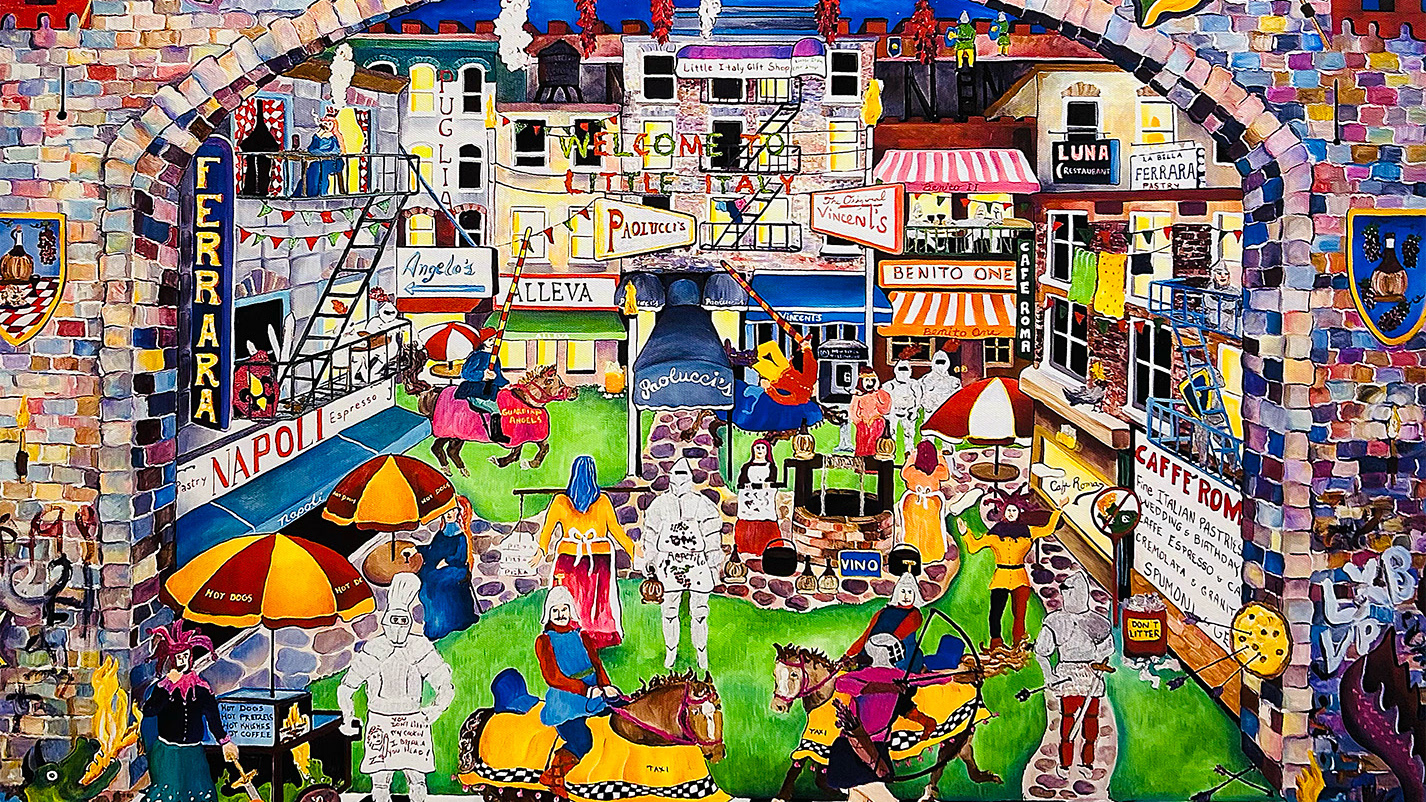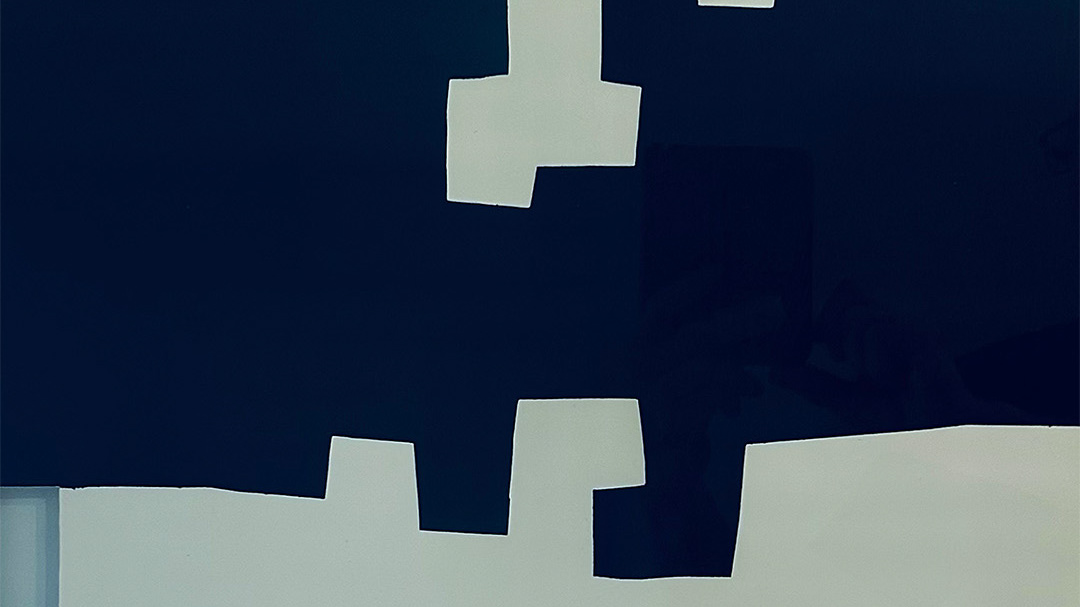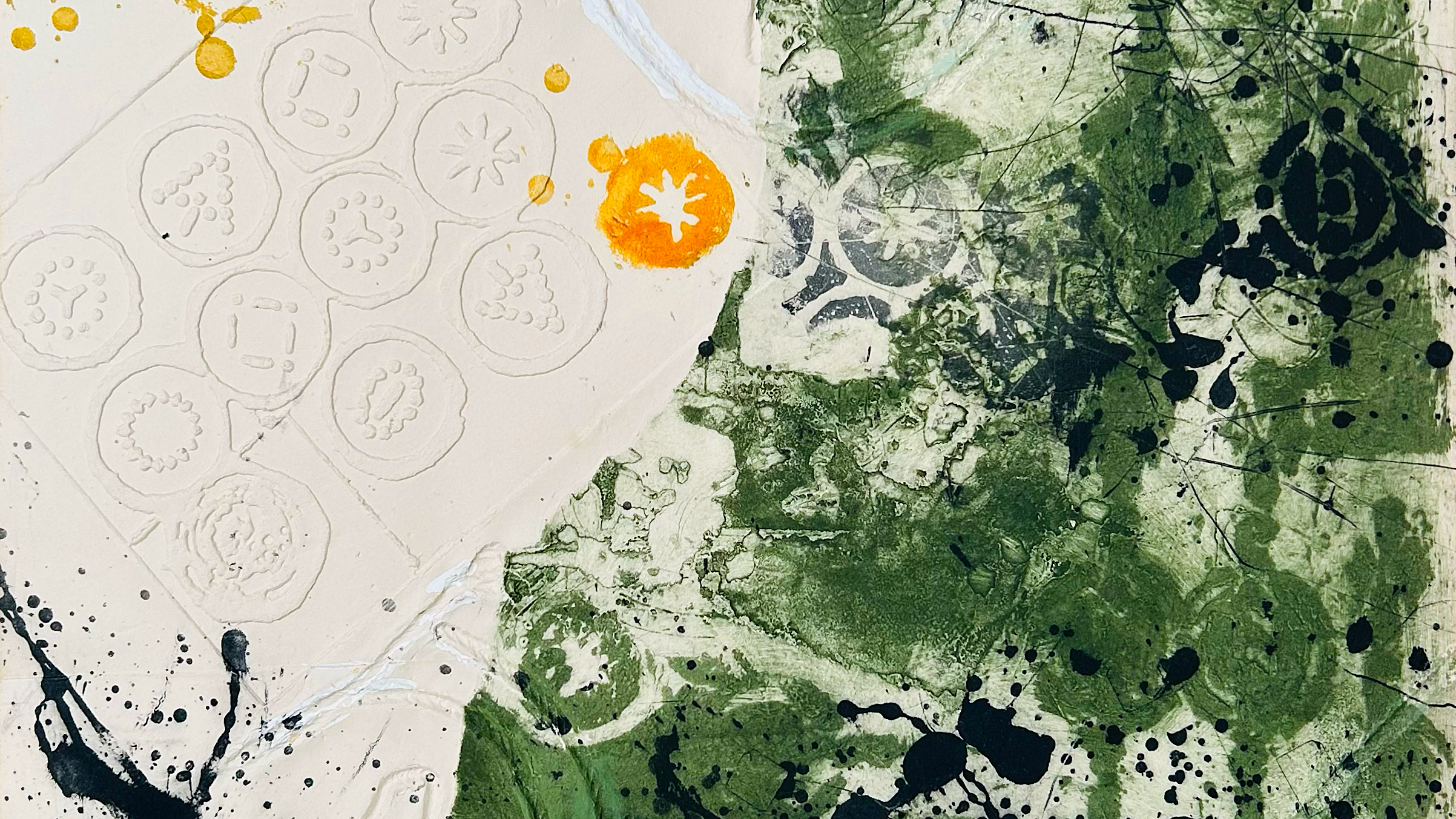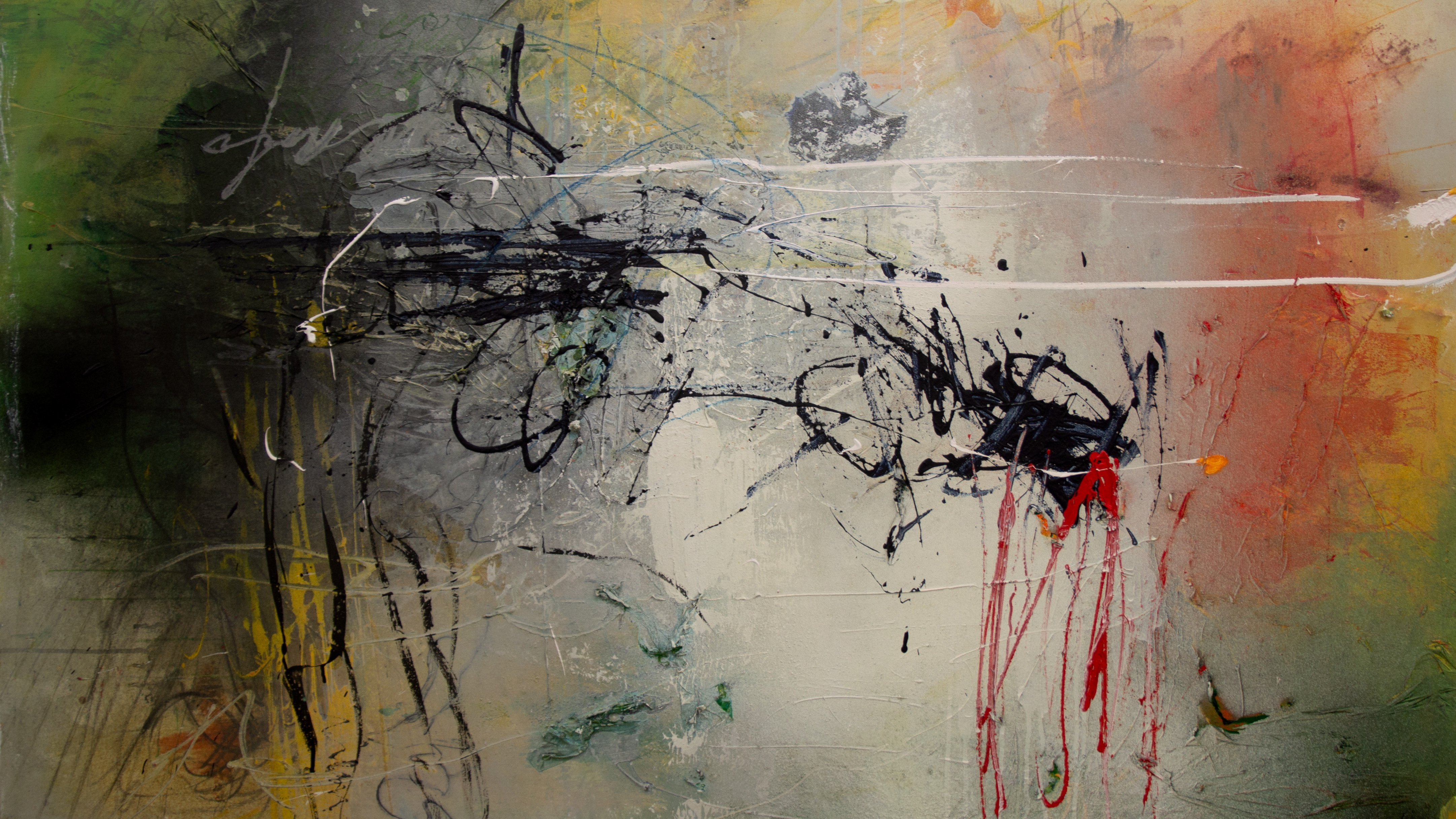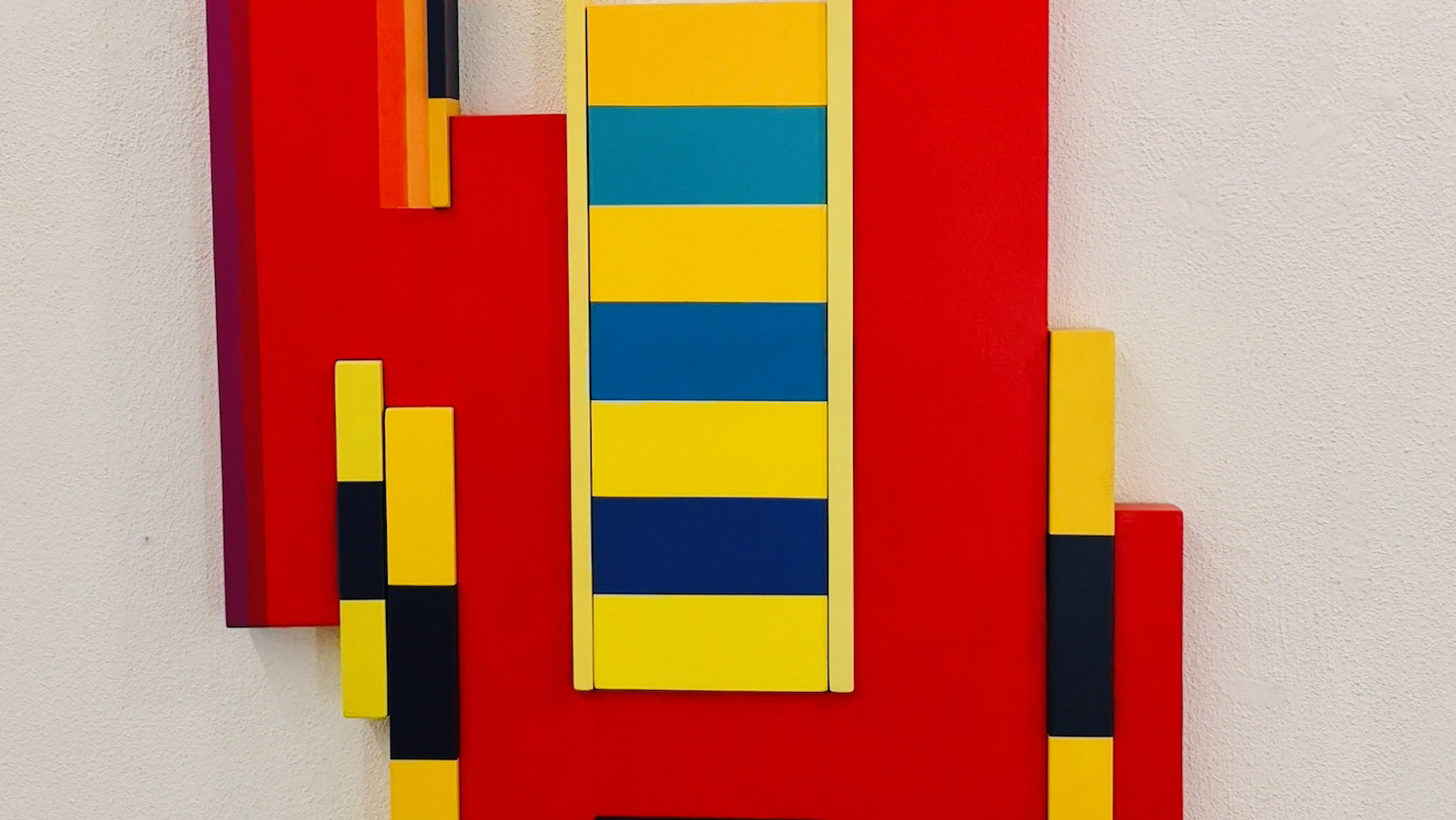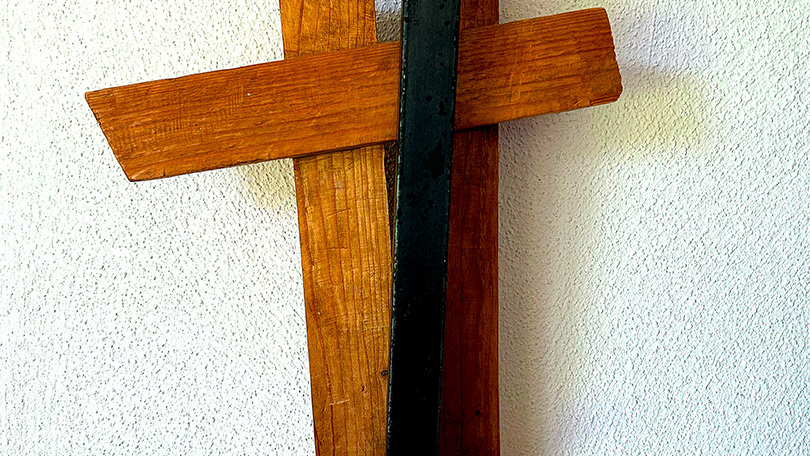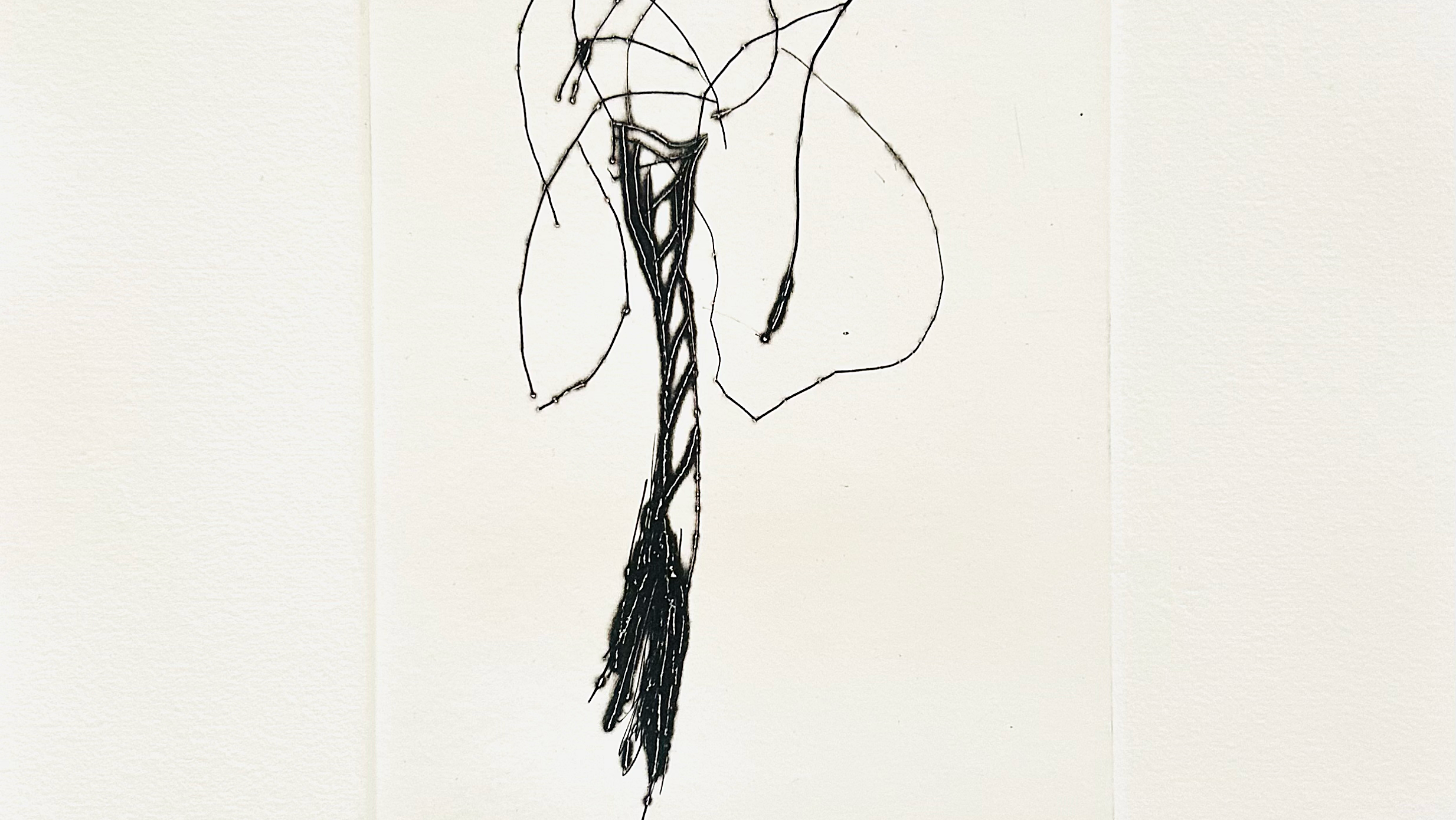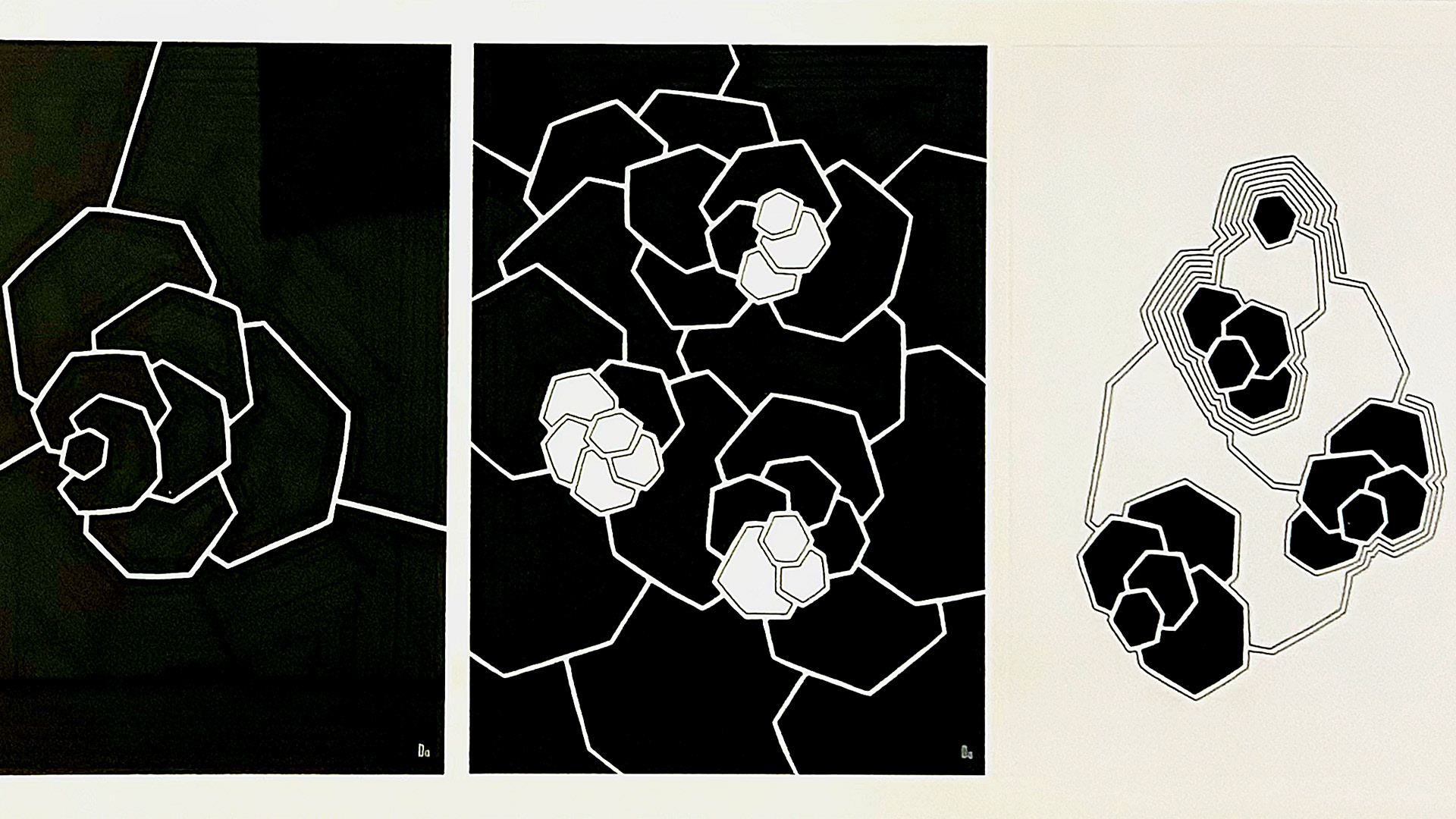Antoni Tàpies (born December 13, 1923, Barcelona, Spain—died February 6, 2012, Barcelona) was a Catalan artist, credited with introducing contemporary abstract painting into Spain.
He began as a Surrealist but developed into an abstract artist under the influence of French painting and achieved an international reputation.
Tàpies' international reputation was well established by the end of the 1950s. From the late 1950s to early 1960s, Tàpies worked with Enrique Tábara, Antonio Saura, Manolo Millares, and many other Spanish Informalist artists. In 1966, he was arrested at a clandestine assembly at the University of Barcelona; his work of the early 1970s is marked by symbols of Catalan identity (which was anathema to Franco).
In 1974 he made a series of lithographs called Assassins and displayed them in the Galerie Maeght in Paris, in honour of militant anarchist Salvador Puig Antich's memory. In about 1970 (influenced by pop art), he began incorporating more substantial objects into his paintings, such as parts of furniture. Tàpies's ideas have had worldwide influence on art, especially in the realms of painting, sculpture, etchings, and lithography. Examples of his work are found in numerous major international collections. His work is associated with both Tachisme and Abstract Expressionism.
"CHAUSSURE SUR CHAISE", ANTONI TÀPIES, Technique: Lithography on paper, 104 cm x 75 cm

